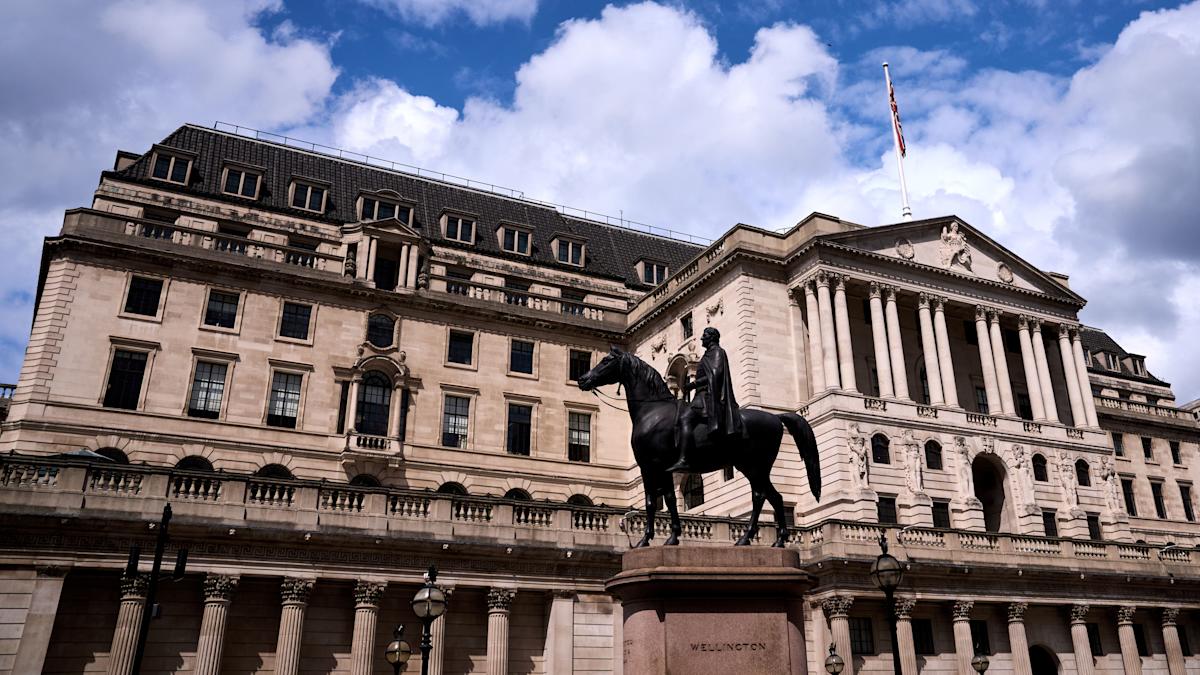The Bank of England has held interest rates at 4% despite policymakers stating they believe inflation has “peaked”.
In a tight vote, the central bank’s Monetary Policy Committee (MPC) opted to keep the rate the same for the second consecutive time in its final meeting before the autumn Budget.
Members of the nine-strong committee voted five to four in favour of maintaining the rate, which is used to dictate mortgage rates and other borrowing costs, but pointed to a “gradual” easing of rates in the longer term.
The Bank suggested that inflation peaked in September, at 3.8%, and is expected dip over the coming months before settling at the 2% target rate in 2027.
It had previously predicted that inflation would peak at 4%.
Inflation has steadied in recent months on the back of slower increases in food prices and weaker wage growth.
Rate-setters however indicated that “more evidence is needed” regarding the risks of persistent inflation and weaker economic growth in their deliberations.
Meanwhile, policymakers at the Bank pointed to a continued worsening of the outlook for the labour market.
The UK unemployment rate is now on track to peak at 5.1% in the second quarter of 2026, having previously predicted a high of 5%.
The Bank also slightly increased its unemployment projections for the next two years.
Evidence in the Bank’s latest report showed “nearly half” of companies said they “had already lowered employment by more than they would otherwise have done” due to increases to employer National Insurance Contributions.
Its industry data also showed that business confidence “remains weak”, with subdued plans for investment.
Companies highlighted elevated uncertainty “ahead of the autumn budget”, suggesting it led to some firms delaying spending plans.
The decision to maintain interest rates will keep pressure on Chancellor Rachel Reeves ahead of the budget later this month.
Government finances have come under pressure from high borrowing costs over the past year.
Ms Reeves has been hopeful that stronger economic growth can help increase tax revenues and support government spending plans.
On Thursday, the Bank increased its economic growth projection for 2025 to 1.5%, from 1.2%.
It maintained its forecast of 1.2% for next year and marginally improved its forecast for 2027 to 1.6%, from 1.5%.
Andrew Bailey, governor of the Bank of England, said: “We held interest rates at 4% today.
“We still think rates are on a gradual path downwards but we need to be sure that inflation is on track to return to our 2% target before we cut them again.”
